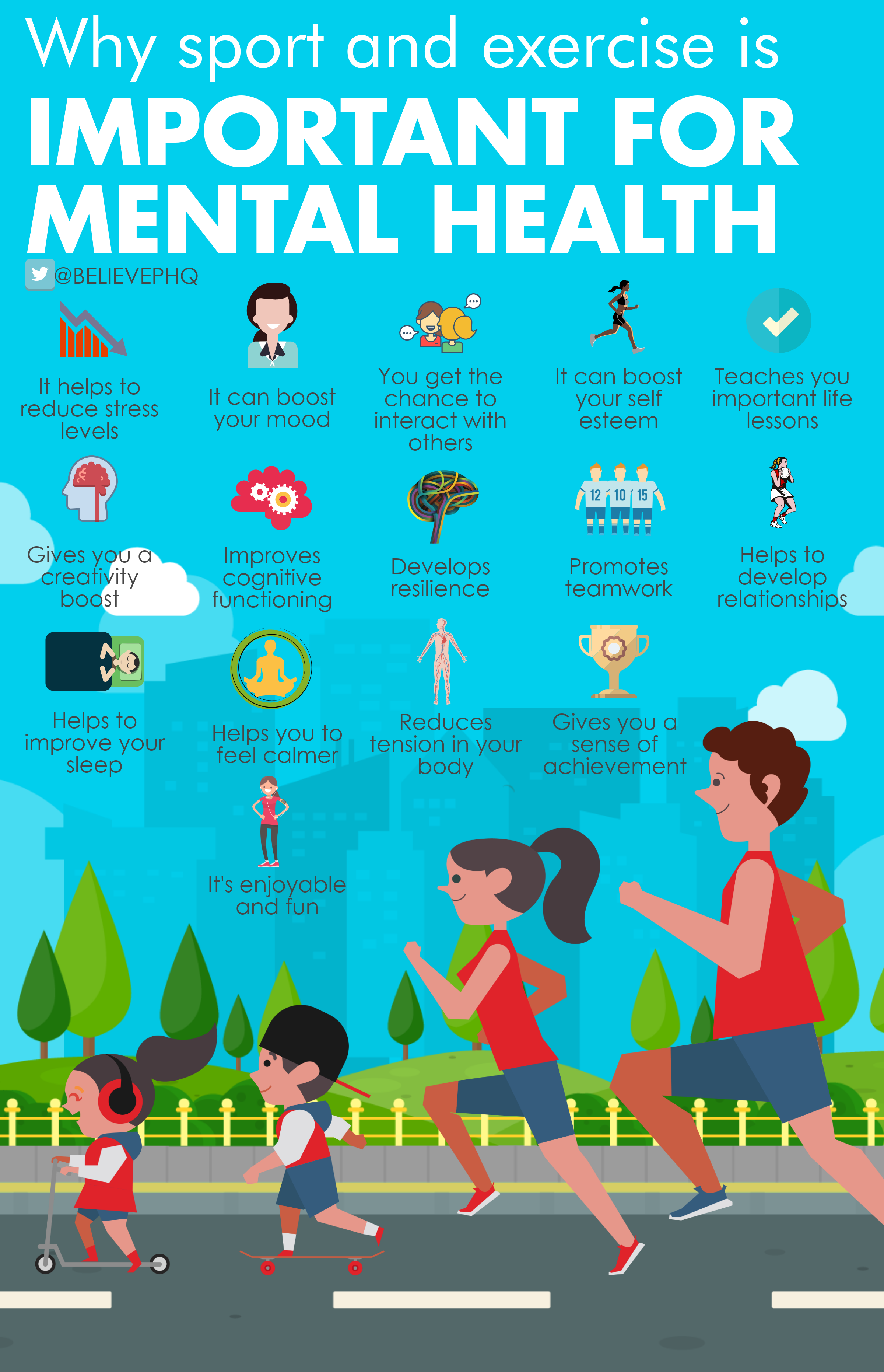Sports to Maintain Mental Health

The Benefits of Sports for Mental Health
1. Stress Reduction
Sports can be a great way to relieve stress. When you engage in physical activity, your body releases endorphins, which can help reduce tension and improve your mood. Additionally, sports can provide an outlet for pent-up emotions and help you feel more relaxed and calm.
2. Improved Mood
Sports can also help improve your overall mood. Exercise has been shown to reduce symptoms of depression and anxiety, and sports can provide a fun and engaging way to get your daily dose of physical activity. Additionally, the sense of accomplishment and satisfaction that comes with achieving your goals in sports can help boost your self-esteem and confidence.
3. Social Interaction
Sports provide a great opportunity for social interaction, which can be crucial for maintaining good mental health. Whether you're joining a team or simply playing a pick-up game with friends, sports can help you connect with others and build relationships. This social support can be especially important during difficult times.
4. Sense of Accomplishment
Sports can provide a sense of accomplishment and achievement, which can help boost your self-esteem and confidence. Whether you're trying to improve your personal best or working towards a team goal, sports can help you set and achieve goals, which can be very rewarding.
Popular Sports for Mental Health
There are many different sports that can benefit your mental health, but some of the most popular ones include:
- Running or jogging
- Swimming
- Cycling
- Yoga
- Basketball
- Soccer
- Tennis
- Golf
The Downsides of Sports for Mental Health
While sports can be very beneficial for mental health, there are also some downsides to consider. These include:
- Risk of injury
- Pressure to perform
- Overtraining and burnout
- Competition-related stress
Conclusion
Overall, sports can be a great way to maintain good mental health. They provide physical activity, social interaction, and a sense of accomplishment, all of which can help boost your mood and reduce stress. However, it's important to be aware of the potential downsides and take steps to mitigate them. By finding a sport that you enjoy and practicing it in a safe and healthy way, you can reap the many benefits of sports for mental health.
FAQs
Q: How often should I engage in sports to see mental health benefits?
A: Experts recommend engaging in at least 30 minutes of physical activity per day to see mental health benefits. This can include sports, as well as other forms of exercise.
Q: Can sports help with anxiety?
A: Yes, sports can be very beneficial for reducing symptoms of anxiety. Exercise has been shown to reduce tension and improve mood, and sports can provide a fun and engaging way to get your daily dose of physical activity.
Q: What if I don't enjoy traditional sports?
A: There are many different types of physical activity that can benefit your mental health, so if you don't enjoy traditional sports, consider trying something else, like dance, hiking, or martial arts.
Q: Can sports be dangerous for mental health?
A: While sports can be very beneficial for mental health, there are also some potential downsides to consider, such as the risk of injury, pressure to perform, and competition-related stress. However, by practicing sports in a safe and healthy way, you can mitigate these risks and enjoy the many benefits of physical activity.
